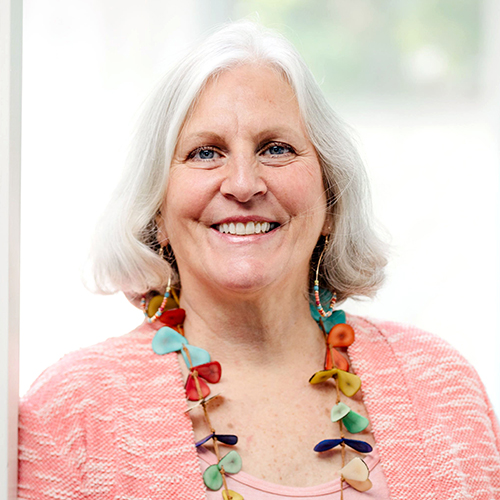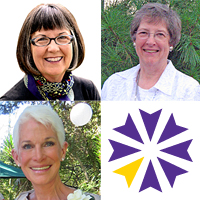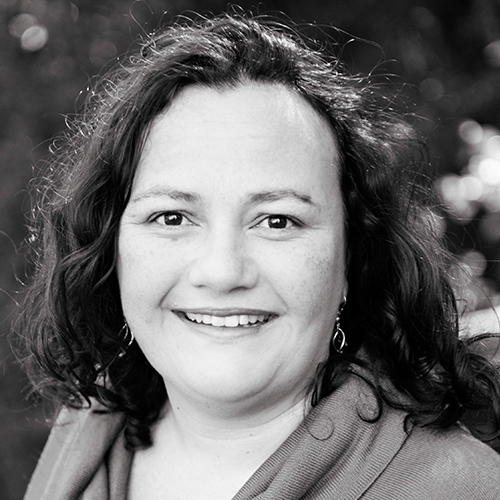

Debby Gould is a ‘BirthCare’ consultant providing education, support and counsel to women, partners, families and health professionals. Her goal is to provide transformational care to support education, empowerment and healing. She is an author of the book, ‘How to Heal a Bad Birth – Making Sense, Making Peace & Moving On’ and Co- Director of Birthtalk.org. Originally, a registered nurse she further trained and worked as a midwife, and is now a birth; educator, worker and counsellor, international author, speaker and mother of two children. For over twenty years she has supported women and men in the journey to healing after a traumatic birth, enabling women to make sense of their experience and its impact, offering hope for healing, and providing support and tools to process and make peace with what happened. She has shared in receiving the honour of a Lord Mayor’s Australia Day Community Achievement award for this work. Debby has been Birthtalk’s primary educator and facilitator of Healing From Birth meetings. She has presented for the ACM, Hypnobirthing Australia, Capers, Homebirth Australia, Australian Breastfeeding Association and various other maternal health and midwifery conferences. She guest lectures to Bachelor of Midwifery students at several Universities, and gives presentations for The Australian Doula College, Friends of the Birth Centre, Red Tent festival and other community groups. She also provides professional development for hospital midwives and doulas on the topic of Birth Trauma and how to support women to heal and have better births. She has co-written articles for Birthtalk’s blog “The Truth About Traumatic Birth” and has appeared in the media including radio, newspaper, birth and parenting magazines and podcasts and in the recent birth documentary ‘Birth Time’ as an experienced health professional’s voice to the issue of the importance of birth and traumatic birth.
Traditionally, an outcome focus has often been considered as the measure of ‘success’ in birth. When it comes to consent, that outcome tends to be ‘a live healthy baby’ and ‘the authority to do what is deemed desirable or necessary’. Considering an epidemic of birth trauma and the associations with the #metoo movement in birth, it is evident that this is not success for women and families. It is a narrow and damaging view that needs to be explored, understood, and changes made. The process of consent is valued, tangible, ethically and legally sanctioned, and provides key moments in care, to incorporate such change. A paradigm shift around consent is vital to address the experiences of assault and trauma in perinatal care. Conversation with families about consent is also a potential starting point to consciously address and intervene in damaging processes, and improve experiences, that could then be normalized and ripple out across all care delivery. Practical measures around consent and care processes will be explored with the aim to offer an intervention, when used consistently, to break the human mode of transmission of birth trauma, metaphorically, much like handwashing in our current pandemic.

View Details / Enroll
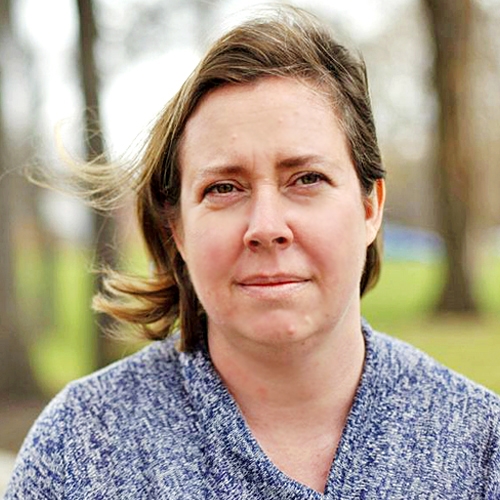
Facilitated Discussion on IYCF-E and the Role of the Lactation Professional

Michelle Pensa Branco MPH IBCLC is a lactation consultant and public health advocate. In addition to her clinical practice, which has included in-hospital, outpatient and private practice settings, she advocates for improved maternal-child health practices at the local, national and global level. She has a particular interest in the impact of trauma to breastfeeding families, models of peer support to improve breastfeeding outcomes and the application of health communication principles to the promotion and protection of breastfeeding. Michelle serves as the Director of Peer Support Programs and provides clinical lactation expertise for Nurture Project International, the only international NGO focused exclusively on infant feeding in emergencies. With Jodine Chase, she co-founded a Canadian non-profit organization, SafelyFed Canada. She is also an active member of the Ontario Public Health Association’s Breastfeeding Promotion Working Group. Michelle has previously served as the Vice-Chair of La Leche League Canada, the Communications Director for the Canadian Lactation Consultants Association as well as the Toronto Coordinator of INFACT Canada. When she is not travelling for work, Michelle stays close to home, living with her family just outside Toronto, Ontario, Canada.
Topic: Keeping the Fox Out of the Chicken Coop: Safeguarding Your Reputation Against Baby Feeding Industry Influence - [View Abstract]
Topic: Playing Well with Others: Collaborating in High Conflict/Low Trust Settings - [View Abstract]
Topic: Watching Our Words: Is Risk-Based Language Always the Right Choice? - [View Abstract]
In emergencies, breastfeeding saves lives - and yet, regardless of the location or type of disaster, breastfeeding and complementary feeding practices are eroded during an emergency. Infant and young child feeding in emergencies (IYCF-E) requires a multi-sectoral approach to meet the needs of both breastfed and non-breastfed children. Where do the skills of breastfeeding counsellors, educators and IBCLCs fit into the IYCF-E response? What competencies do IBCLCs need to provide clinical care in a humanitarian setting and how can IBCLCs obtain those (if they don’t already have them)? Bring your thoughts, experiences and questions and join us for a facilitated discussion about the role of skilled breastfeeding support in protecting infants and young children in emergencies.

View Details / Enroll
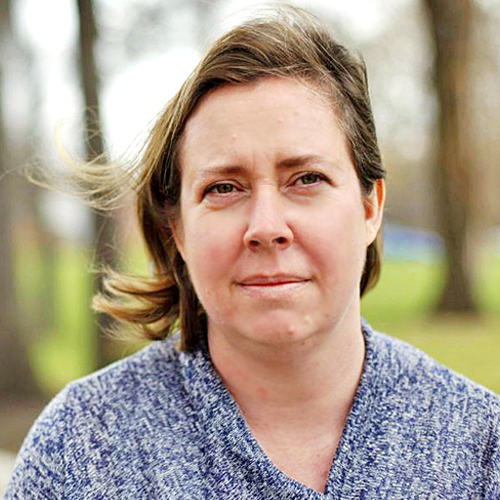
View Details / Enroll
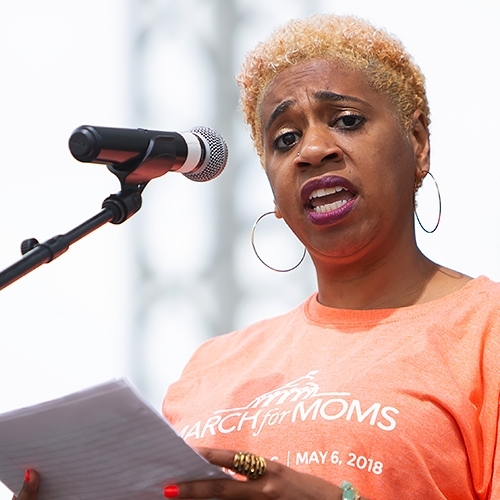

Chauntel Norris is a native of Birmingham, AL. She attended the University of Alabama at Birmingham where she earned her B.A. in African American Studies & her B.S. in Psychology.
Chauntel is a DONA trained Birth & Post-Partum Doula, a Lamaze trained Childbirth Educator and a Certified Lactation Counselor.
She is the Co-founder of Baobab Birth Collective and currently serves as the Mother's Milk Initiative Coordinator for the Alabama Prison Birth Project.
Chauntel is the mother of two brilliant children Amaiya and Ozell.
During this presentation the barriers of incarceration as it relates to lactating parents will be discussed. An overview of Program development, Partnerships development and working with corrections will also be considered. I will also show how our Alabama initiative combats those barriers and allows incarcerated women to be able to provide their milk to their infants.

View Details / Enroll
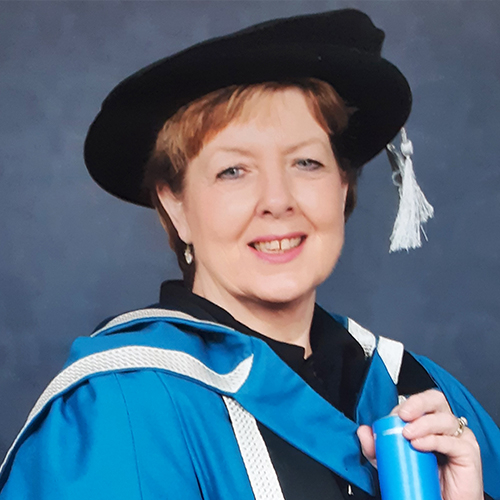
Family Centred Midwifery Care in Practice

First and foremost I am a mother, wife and latterly grandmother, my personal life has always largely informed my practice and I am always careful to remember that the women I meet are also like me in that they belong to a family.
I am a freelance consultant midwife one of the first in the UK and formerly employed at 2 very large and diverse maternity units. My career started in the 1970’s in nursing however midwifery was always my ambition and particularly the nurturance of midwifery led care.
I am a practicing psychotherapist interested in the emotional impact of childbirth; in part due to my own mothering experiences and research. I have worked closely with women to understand this phenomenon and researched emotional transition to motherhood.
Raising awareness for maternal mental health and particularly women surviving sexual abuse, I co-founded Sanctum Midwives campaigning on maternity care and sexual abuse. I have worked for many years raising awareness around the issues of maternal mental health and supporting both women and all those who work in maternity care situations. I believe positive mental health is the cornerstone to mothering and self fulfilment.
I have published widely in peer review journals but also in many books. My latest publication is ‘Understanding Anxiety, Worry and Fear in Childbearing Women’ which I edited and wrote 4 chapters. I am currently writing on the issues of child and adult female sexual abuse and its implications.
I care very deeply about women and their babies that they may come through their pregnancy and birth unharmed. I will continue to do this for the sake of midwives everywhere.
In 2016 National Health Service (NHS) England produced a report that is to be ground breaking in its ambitions and is part of the NHS Long Term Plan. The review team spent a whole year meeting with families, midwives, obstetricians and voluntary sector groups. This review team was led by Baroness Cumberledge, she understood the issues and was able to steer this work to its most important conclusion – personalised care centred around the woman and her family gives the best physical and psychological outcomes. The vision for maternity services across England is for them to become safer, more personalised, kinder, professional and more family friendly; where everywoman has access to information to enable her to make decisions about her care; and where she and her baby can access support that is centred around their individual needs and circumstances. If a small group of midwives managed the care of the woman, near to her home and she has access at all times to the information, choices about her birthing options then the benefits were huge. A reduction in premature birth, reduction in stillbirth, less risk of perinatal illness and of course reduction in maternal deaths. This is the reality for maternity services and now we are partway through implementation. I will present some of the realities for this model and the benefits for women and their families.

View Details / Enroll

Father Inclusive Prenatal Care: Coparenting Support for Expectant Fathers and Mothers

Paul Florsheim is a professor of public health at the University of Wisconsin Milwaukee and a Clinical Psychologist. He received his BA in History from Wesleyan University, an MA in Social Sciences from the University of Chicago, and a PhD in Clinical Psychology from Northwestern University. Dr. Florsheim’s research interests include public health approaches to supporting the development of adolescents and young adults, with a particular focus on healthy relations and the prevention of mental illness. He teaches courses at the that intersection of mental health and public health, including workshops on supporting young parents across the transition to parenthood. Dr. Florsheim has published over 50 journal articles and three books, including "Lost and Found: Young Fathers in the Age of Unwed Parenthood" and "The Young Parenthood Program: A Guide to Helping Young Mothers and Fathers Become Effective Co-parents, both published by Oxford University Press. Among his current research/intervention endeavors, Dr. Florsheim is co-directing the Father Inclusive Prenatal Care study in Chicago, which is funded by the Administration for Children and Families.
Father Inclusive Prenatal Care (FIPC) services are designed to provide expectant fathers with co-parenting support and parent education to help assure a successful transition to parenthood. We know that children are more likely to thrive when fathers are positively engaged in child-rearing. The two fundamental premises of the FIPC model are that: (1) many new fathers need support to successfully meet the interpersonal and psychological challenges of parenthood; and (2) prenatal clinics are well situated to address this need by expanding services to include expectant fathers. The FIPC approach begins with an engagement process that underscores the developmental significance of fatherhood, identifies what each father needs to prepare for parenthood, and tailors services to address those needs. The components of the FIPC program include communication skill building, psychoeducation about newborn care, and psychological support to help young men and women develop their identities as parents. This presentation will be delivered in three parts. Part one introduces the FIPC model, describing the step by step process of program delivery. Part two uses case material to demonstrate how to tailor FIPC services to individualized needs. Part three briefly describes ongoing research that supports the efficacy of the FIPC model.
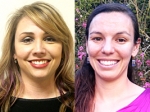
Feeding Difficulties: A Look at High Risk Populations

Amber Valentine is a Speech-Language Pathologist who graduated from the University of Kentucky with her MS in Communication Disorders. She is a Board Certified Specialist in Swallowing and Swallowing Disorders and an International Board Certified Lactation Consultant. She worked for Baptist Health Systems, Inc for 8 years before moving to Florida where she worked for Wolfsons Children’s Hospital and Mayo Florida. She is now back in Kentucky working for Baptist Health Lexington. She has experience in adults and pediatrics with feeding and swallowing difficulties including: bedside swallow evaluations, Modified Barium Swallow studies, FEES, and pediatric feeding evaluations including NICU. She has provided guest lectures for the University of Kentucky and the University of Louisville on feeding and swallowing topics. She has presented at the hospital level, local, state, national, and international levels on pediatric feeding/swallowing and breastfeeding.
Lillian Scott is a speech-language pathologist and certified lactation counselor employed by Baptist Health Lexington in Lexington, Kentucky. She received master’s degree in Speech-Language Pathology from Gallaudet University. She received dual bachelor degrees in Communication Sciences and Disorders and Special Education from the University of Kentucky. She has worked with pediatrics and adults in the areas of speech, language, and swallowing. She has NICU, Mother/baby, and outpatient clinical experience working with feeding dyads of breast and bottle feeding infants. In the area of adults and pediatrics, she has experience with clinical swallowing evaluations and Modified Barium Swallow Studies. She has experience with adult Fiberoptic Endoscopic Evaluations of swallowing (FEES). Her interest is in successful feeding by mouth for infants with complex medical histories and promoting breastfeeding in cultures that are not likely to receive the supports for feeding difficulties due to knowledge, costs, and/or access.
Feeding is the most complex task of infancy, even in term babies with no complications. There are many diagnoses, conditions, syndromes, and co-morbidities that can impact feeding in neonates and infants. This talk will briefly highlight many of those, but we will focus on three specific populations of interest –Neonatal Abstinence Syndrome, Infants of Diabetic Mothers, and Downs Syndrome. We will discuss the specific implications these conditions can have on feeding, why these infants may have difficulty, and the classic symptoms one could expect to see. The differences between delayed and disordered feeding will also be addressed. Strategies and adaptions for breast feeding will be discussed. Positioning and external strategies will be explained. Case studies will be shared at the end of the presentation.

View Details / Enroll

Feeding is Movement: Activities for Supporting Optimal Infant Oral Function

Melissa Cole, MS, IBCLC, RLC is a board certified lactation consultant, neonatal oral-motor assessment professional, and clinical herbalist in private practice. Melissa has been passionate about providing comprehensive, holistic lactation support and improving the level of clinical lactation skills for health professionals. She enjoys teaching, researching and writing about wellness and lactation-related topics. Melissa holds a bachelor of science degree in maternal child health and lactation consulting and her master’s work is in therapeutic, clinical herbalism. Melissa actively conducts research and collaborates with several lactation and health care professional associations. Before pursuing her current path, Melissa’s background was in education and cultural arts, which has served her well in her work as a lactation consultant and healthcare educator. She loves living, working and playing in the beautiful Pacific Northwest with her 3 children.
Topic: Beyond Fenugreek: An Individualized Approach to Dietary and Herbal Galactagogues - [View Abstract]
Topic: Beyond the Basics of Latch: Support Strategies for Helping Babies when the Basics Aren’t Enough - [View Abstract]
Topic: Common Infant Digestive Health Concerns and Useful Support Strategies - [View Abstract]
Topic: Connection and Care: Virtual Support for Tongue-Tied Infants - [View Abstract]
Topic: Feeding is Movement: Activities for Supporting Optimal Infant Oral Function - [View Abstract]
Topic: Infant Gut Health: Common Concerns and Useful Support Strategies - [View Abstract]
Topic: Infant Oral Assessment: Exploring Anatomy and Function Beyond the Frenulum - [View Abstract]
Topic: Low Milk Production Detective Work: Assessment and Care Plan Considerations - [View Abstract]
Topic: Nature’s Nurturers: Plant Medicine for Perinatal Mental Health - [View Abstract]
Topic: New Thoughts on Infant Pre and Post-Frenotomy Care - [View Abstract]
Topic: Placenta Medicine as a Galactogogue: Tradition or Trend? - [View Abstract]
Topic: Thinking Critically About the Use of Clinical Lactation Tools - [View Abstract]
Topic: Will It Hurt? Frenotomy Aftercare Strategies to Optimize Healing Outcomes for the Newborn - [View Abstract]
Feeding is movement and some babies need personalized help when it comes to oral function and skills. This presentation covers critical thinking strategies around basic activities to support optimal infant oral function. We will review available evidence, contraindications, and targeted activities. We will discuss when and why to consider a variety of activities for the jaw, cheeks, tongue, palate, lips, and tongue. Learners will also recognize oral function concerns that require referral and connection to other allied health professionals.
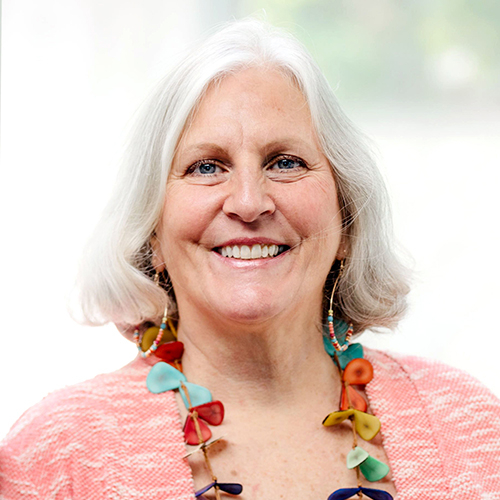
Finger Feeding: What Do We Know? What Should We Know?

Dr. Hazelbaker has been a therapist in private practice for over 30 years. She specializes in cross-disciplinary treatment and to that end has taken training in several modalities to best assist her clients. She is a certified Craniosacral Therapist, a Lymph Drainage Therapy practitioner, a Tummy Time™ Trainer, a Haller Method practitioner, A Pre and Perinatal Psychology Educator, a Lactation Therapist Diplomate, an International Board Certified Lactation Consultant and a fellow of the International Lactation Consultant Association.
She earned her Master’s Degree from Pacific Oaks College (Human Development specializing in Human Lactation) and her doctorate from The Union Institute and University (Psychology, specializing in Energetic and Transformational healing.)
People recognize her as an expert on infant sucking issues caused by various structural problems like torticollis, plagiocephaly, brachycephaly and tissue shock-trauma. She invented the Hazelbaker™ FingerFeeder and the Infant Breastfeeding CranioSacral Protocol™ to assist in the resolution of this type of infant sucking dysfunction.
Topic: Cranial Nerves: A Critical Component of the Process of Breastfeeding - [View Abstract]
Topic: Creating Flow: Using Lymphatic Drainage Therapy for Breastfeeding Issues - [View Abstract]
Topic: Finger Feeding: What Do We Know? What Should We Know? - [View Abstract]
Topic: Gamechangers: New studies that will change the way we think about tongue-tie - [View Abstract]
Topic: Infant Trauma: Impact on Breastfeeding - [View Abstract]
Topic: The Faux Tie: When is a "Tongue-tie" NOT a Tongue-tie? - [View Abstract]
Topic: The Impact of Bodywork on Infant Breastfeeding - [View Abstract]
Topic: What Does Torticollis Have to do with Breastfeeding? - [View Abstract]
Although an alternative feeding method, such as bottle, cup or finger feeding, represents a less than ideal way to feed infants, at times introducing one of these methods may ultimately save the breastfeeding relationship. In this session, Dr. Hazelbaker presents the research on and the theory of finger feeding. She then proposes areas for further research. She includes a sub-lecture on the physiology of finger feeding and compares finger feeding against bottle and cup from the physiological perspective. Participants come away with a new understanding of finger feeding, enabling them to make sound clinical decisions regarding a therapeutic choice when a baby must be fed away from the breast.
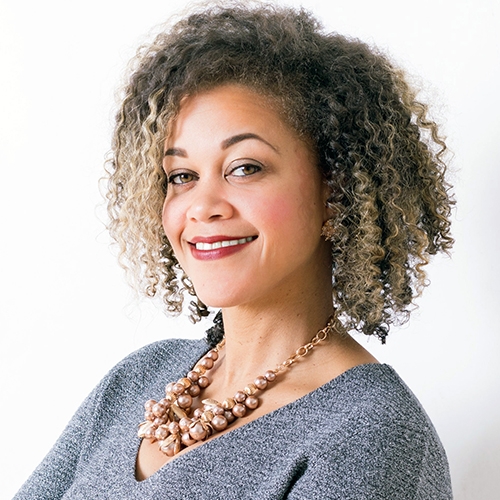
First Do No Harm: The Importance of Assessment, Referral, and Collaborative of Ankyloglossia

Jenn Bio - International Board Certified Lactation Consultant and Birth Doula, Founder and Owner of Feed the Babes, LLC offers in-home and clinic-based, skilled breastfeeding support and birth doula services www.feedthebabes.com. Jennifer also serves as a Michigan Breastfeeding Network (MIBFN) Project Manager and as Co-Founder of the Southeast Michigan IBCLC's of Color. The married mother of two happy, healthy, breastfed children has made it her life mission to disrupt the broken system that plagues the families that are impacted by systemic racism. She's committed to showing up in the community, daily, and, by mentoring aspiring Black IBCLC’s, supporting equipping and empowering future trailblazers to change the world. She is a dual Canadian and American citizen, leader, public speaker, consultant, clinician, advocate, and educator. Collectively as a family, she, her husband and two children enjoy growing their own food, photography, videography and serving their community. They reside in Metro-Detroit, Michigan.
During this presentation, we will discuss how best practices in early referral of skilled lactation support can improve feeding outcomes. Centering Black and Indigenous families by collaboratively working together with early assessment, community referrals and continuum of care across care teams can prevent improper diagnoses of ankyloglossia which can be harmful for families seeking to reach their individual feeding goals.
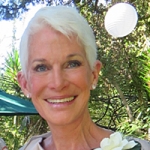
First Touch, First Food, First Hour …in a mother’s hands

Dr. Jane Morton has had a long, fulfilling career as a general pediatrician, She has also had a long-standing interest in breastfeeding, from understanding its clinical benefits to practical solutions for mothers having difficulty in providing breastmilk to their infants. Over the years, she has conducted research on human milk and breastfeeding and has designed and implemented systems and policies to help breastfeeding mothers. She produced award winning videos on this topic, including “Breastfeeding: A Guide to Getting Started”, “A Preemie Needs His Mother: Breastfeeding a Premature Baby” and “Making Enough Milk, the Key to Successful Breastfeeding”. These have been translated and widely used in thousands of hospitals to train both staff and new mothers. As an executive board member of both the Academy of Breastfeeding Medicine and the American Academy of Pediatrics Section on Breastfeeding, she enjoyed working to enlarge the footprint of breastfeeding, both nationally and internationally.
For a 5 year period, she joined the neonatology clinical faculty at Stanford to develop the Breastfeeding Medicine Program. In that position, she had the opportunity to design a nationally recognized educational program, conduct and publish original research on milk production and composition in mothers of very low birth weight infants, and publish a study with the AAP on the efficacy of a breastfeeding curriculum for physician residents in training. She was an advisor to the California Perinatal Quality Care Collaborative, and was a key author of the toolkit “Nutritional Support for the Very Low Birth Weight Infant”. She co-authored the book Best Medicine: Human Milk in the NICU. She has published extensively and presented her original research and educational workshops internationally. She continues to teach at Stanford where she is an Adjunct Clinical Professor of Pediatrics, Emerita.
Topic: First Touch, First Food, First Hour …in a mother’s hands - [View Abstract]
The risk of early termination of breastfeeding typically relate to complications with a) attachment, b) breastmilk production, or c) the caloric intake of the infant. Simply put, A, B and C. Could hand expression taught in Labor and Delivery to every mother reduce early termination and the health, financial and emotional morbidity associated with breastfeeding complications in both low and high risk infants? This presentation will examine this question, focusing on the purpose of teaching early hand expression, the available science and the practice of integrating this technique into first hour care.



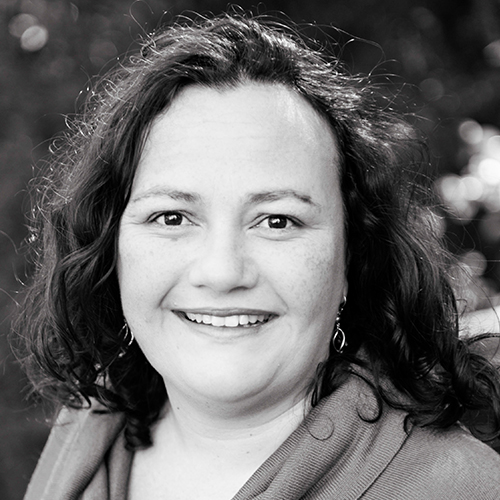


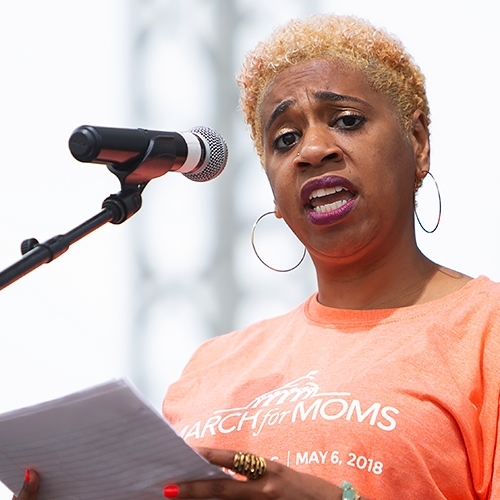

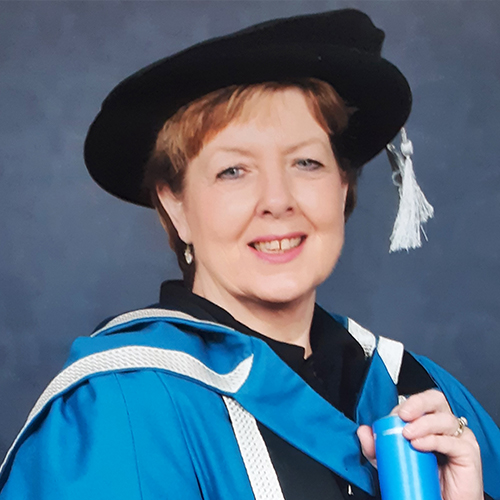


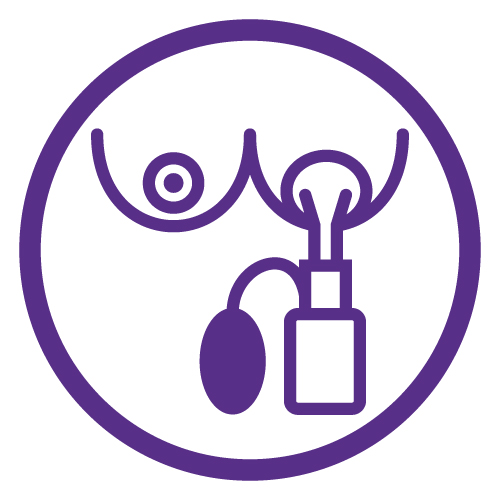
.jpg)
